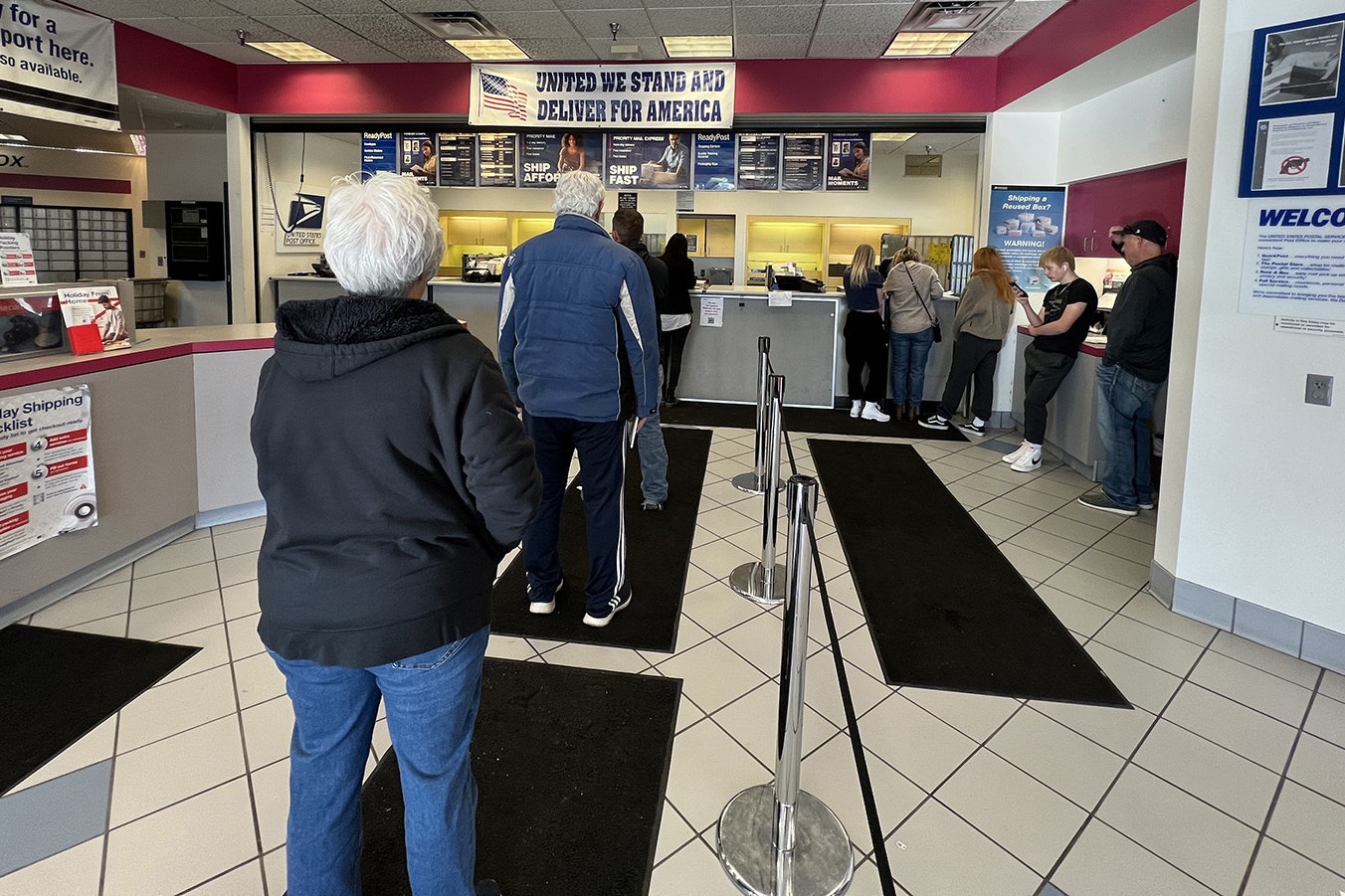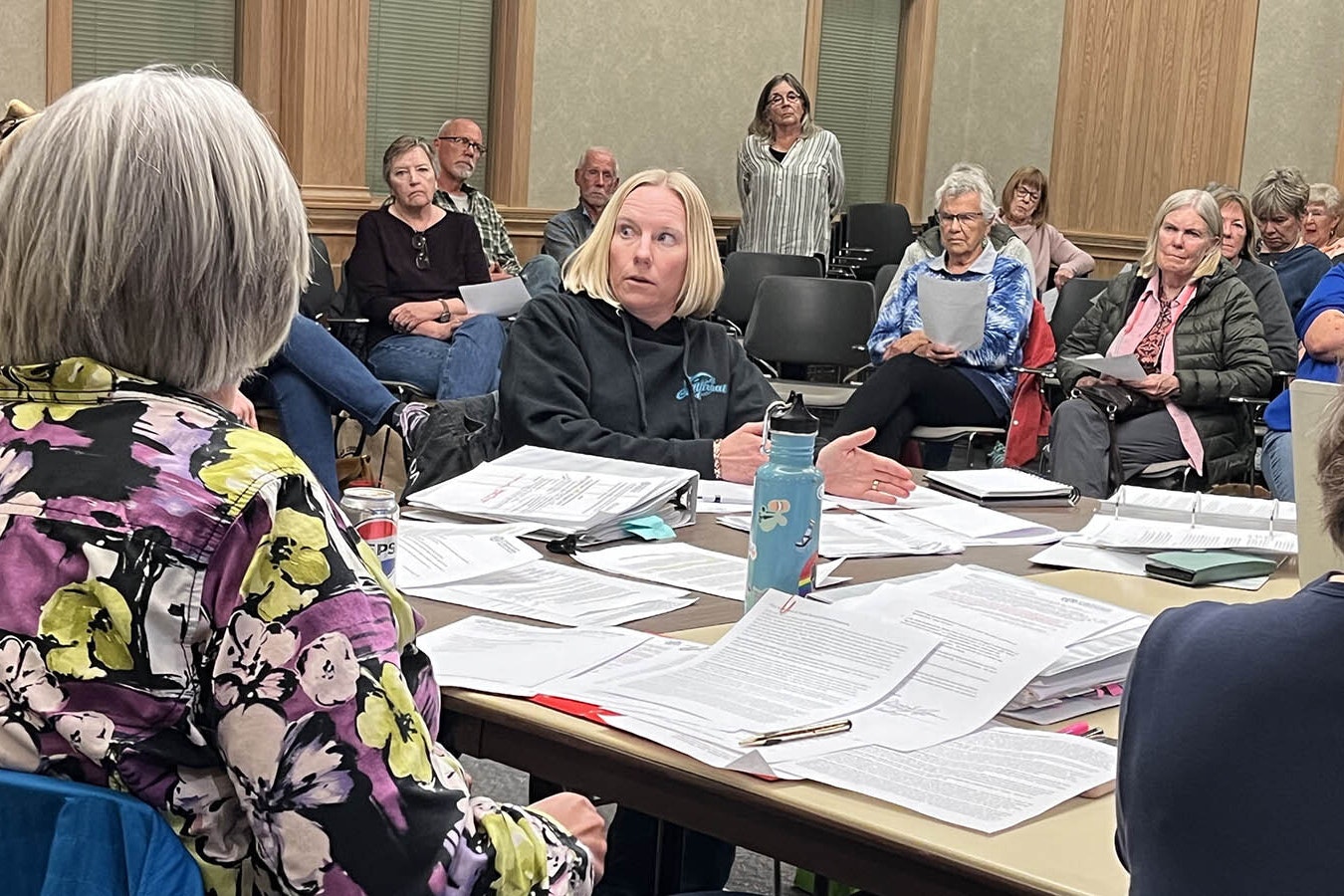Companies cannot use “non-compete” clauses to protect themselves against ordinary business competition, Wyoming’s Supreme Court has ruled.
The court on Thursday overturned a district court’s ruling that three nurses who had worked for one home health care company in Evanston could not go to work for a competing company.
According to the ruling, Jennifer Brown, Nora Youngren and Carol Wolfe, all registered nurses, worked for Best Home Health and Hospice, a company that provides home health care in Uinta County. Wolfe founded Best Home in 2004 and sold it in 2009 or 2010.
In 2016, Youngren and Brown signed a “non-compete” agreement that said if they left Best Home, they would not work for a competing company within 50 miles for two years. Wolfe signed the agreement when she returned to work for the company in 2017.
All three nurses left the company between 2018 and 2020 and joined Uinta Home Health, a competitor to Best Home.
Best Home asked for and obtained a preliminary injunction to keep the nurses from working for Uinta Home Health pending the outcome of a lawsuit filed over their departure. The nurses objected to the injunction, arguing the non-compete clause was unenforceable, but it was granted by a state district court.
However, justices, in the opinion written by Justice Keith Kautz, said the state usually recognizes non-compete clauses only in special situations, as when an employer is worried an employee might share trade secrets with another company.
“Best Home did not show it would probably succeed in establishing a special business interest subject to protection by the non-compete provision of the agreement,” the opinion said. “Best Home did not identify any trade secrets, specific types of confidential information or special relationships being guarded through the non-competition provision …”
Justices also noted that the nurses were improperly prevented from offering evidence that if they were not able to work at Uinta Home Health, the public interest would be harmed because patient care would be jeopardized.
The court ordered new proceedings in the case.





